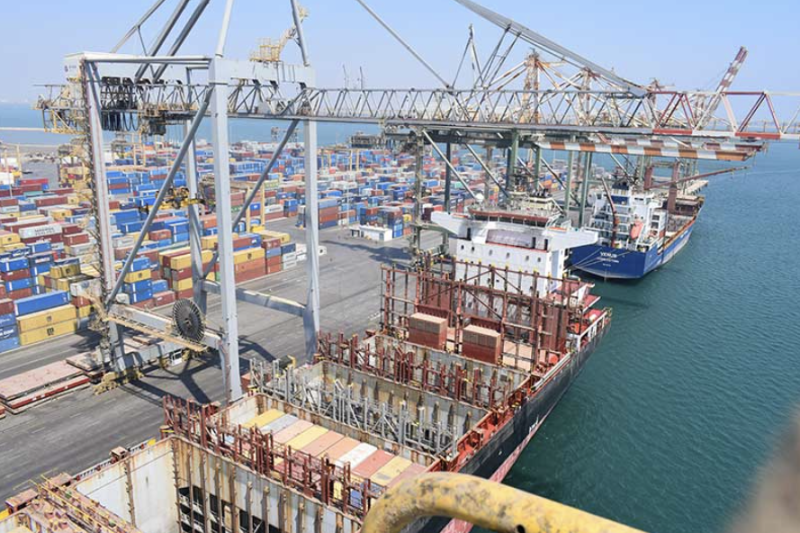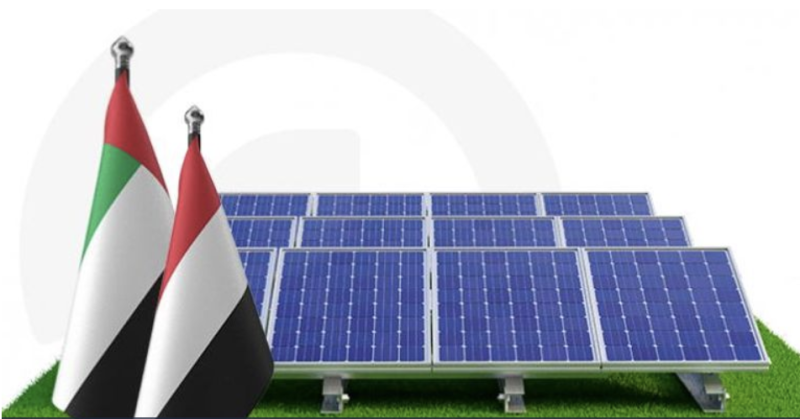Yemen’s Oil Minister : Houthis Using SAFER to Blackmail Int’l Community


Yemeni Minister of Oil and Minerals Abdul Salam Baaboud said that five international oil companies have resumed production after years of halt caused by the coup and the war that ravaged the country.
In an interview with Asharq Al-Awsat, the minister noted that major international companies specialized in oil field services, such as Baker Hughes and Schlumberger, have re-launched their operations, which he said was an important indication of the path towards the sector’s recovery.
For the first time since the coup, a number of exploration wells have been drilled over the past three months in Block 9, in addition to the completion of three-dimensional seismic surveys of 269 kilometers in the same sector, according to the minister.
Baaboud also said that the average oil production was around 55,000 barrels per day, adding that work was underway to restore production in Block 5 and export oil through the new pipeline, which means adding an estimated amount of 20,000-25,000 barrels per day in the early production phase.
“The government is deploying exceptional efforts to face many of the challenges produced by the coup. As oil is one of the most important contributor to our national economy, the Ministry of Oil and Minerals is working according to clear plans based on a strategic vision, the most important pillar of which was the completion of the institutional building of the ministry and its units,” he told Asharq Al-Awsat.
“In this context, we have re-activated the Petroleum Exploration and Production Authority (PEPA) in its new headquarters in the temporary capital, Aden. The Authority represents the institutional framework concerned with the supervision and technical monitoring of operating oil companies.”
The ministry has also formed a technical team to assess the damage incurred by the oil sector as a result of the war and to draft an integrated plan for the recovery and development process.
Asked about local and foreign oil companies currently operating in Yemen, Baaboud said: “The Ministry of Oil and Minerals has made great efforts to restore oil production in the different blocks… Block S1 in Al-Uqlah is operated by OMV, while Block 9 by Calvalley Petroleum... and these two are foreign companies.”
“There are also national companies that have re-launched their work, including the Safer Company in Block 18 of Maarib, and the PetroMasila Company in the blocks of Hadramout. Some major international companies specialized in oilfield services that have also resumed their activities, including, for example, Baker Hughes and Schlumberger. This is an important indication that the recovery has already begun for this important vital sector,” the minister remarked.
Yemen’s petroleum sector was the main tributary of the country’s economy. Before the Houthi coup, it contributed to the general budget by about 75 percent.
Asked about the sector’s contribution today, the minister said: “Certainly, Yemen’s production declined due to the coup and the war led by the Houthi militia… The state budget in normal circumstances depends mainly on oil revenues, which cover about 70 percent of the general budget resources, 63 percent of the country’s total exports, and 30 percent of GDP. In the wake of the coup, oil companies were forced to freeze their activities, and their employees left Yemen. Thus, estimating the state’s budget revenues and expenditures has become challenging.”
Baaboud highly valued the Saudi grant in support of the Yemeni government’s efforts to normalize the situation and restore stability in the country.
“Undoubtedly, the Saudi oil derivatives grant, which is the fourth, will have a great impact in supporting development and alleviating the suffering of citizens, as 80 power stations will be operated throughout the liberated governorates,” he underlined.
This will give the government time to devise future solutions to the electricity crisis, reduce the burden on the government’s budget, and contribute to stabilizing the Yemeni riyal exchange rate, according to the minister.
Asked about developments regarding the SAFER oil tanker and ongoing efforts to avert a disaster in the Red Sea, the Yemeni minister said: “The situation is getting worse day after day, as the Houthi militia continues to obstruct the efforts of the UN team. We have warned that these obstacles will lead to a disaster.”
“Unfortunately, the Houthi group is using the tanker to blackmail the international community and the Yemeni legitimacy, without any consideration of the consequences in the event of an oil spill. We call on the international community to assume its responsibilities and take this issue seriously and we appreciate the efforts of the United Nations to address this sensitive problem,” the minister said.

Aden — Ports under the authority of Yemen’s internationally recognized government have received more than two million metric tons of fu…

Mukalla — Local authorities in Hadramout have announced the inauguration of Yemen’s first solar-powered cement station, a landmark proj…

AbuDhabi -- The United Arab Emirates has pledged $1 billion to bolster Yemen’s electricity sector, marking one of the largest development com…